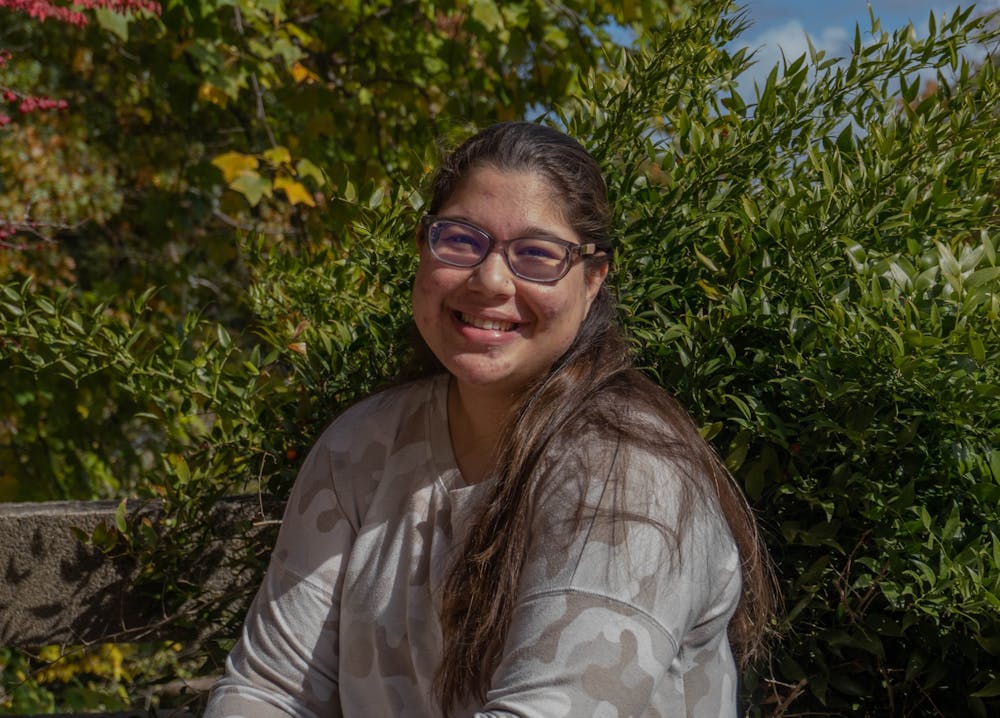Last spring, over 1,000 students, faculty, staff, community members and campus organizations signed a petition to increase representation of providers from Asian-American and Pacific Islander backgrounds within UNC Counseling and Psychological Services.
According to the petition created by a group of medical and doctoral students, CAPS had no providers who self-identified as AAPI as of last spring. In the wake of a rise in anti-Asian hate incidents, students saw a community need to expand AAPI mental health services within CAPS.
New CAPS hires
At a virtual meeting of the University's Mental Health Task Force in March, CAPS director Dr. Allen O’Barr said that he hoped to hire a post-master's of social work fellow trainee over the summer to increase representation in CAPS until the next staff turnover.
CAPS has made two new hires in August — Irang Kim and Misha Mohan.
According to the CAPS website, Kim, a first-generation immigrant from South Korea, focuses on issues including immigration trauma and generational conflicts. She holds the AAPI-focused fellowship position in CAPS, a year-long role that is renewable and was created in response to the petition.
Mohan, a psychology intern, specializes in working with students from South Asian backgrounds and can help with trauma management, according to the CAPS website.
Cherish Williams is the co-facilitator of the Multicultural Health Program at CAPS. Williams, who received her doctorate in School Psychology from UNC, said that AAPI representation is vital in mental health resources.
“It's important for students coming in to be able to see a provider who looks like them and who has similar background and may be able to relate on a deeper level to their lived experiences,” Williams said.




